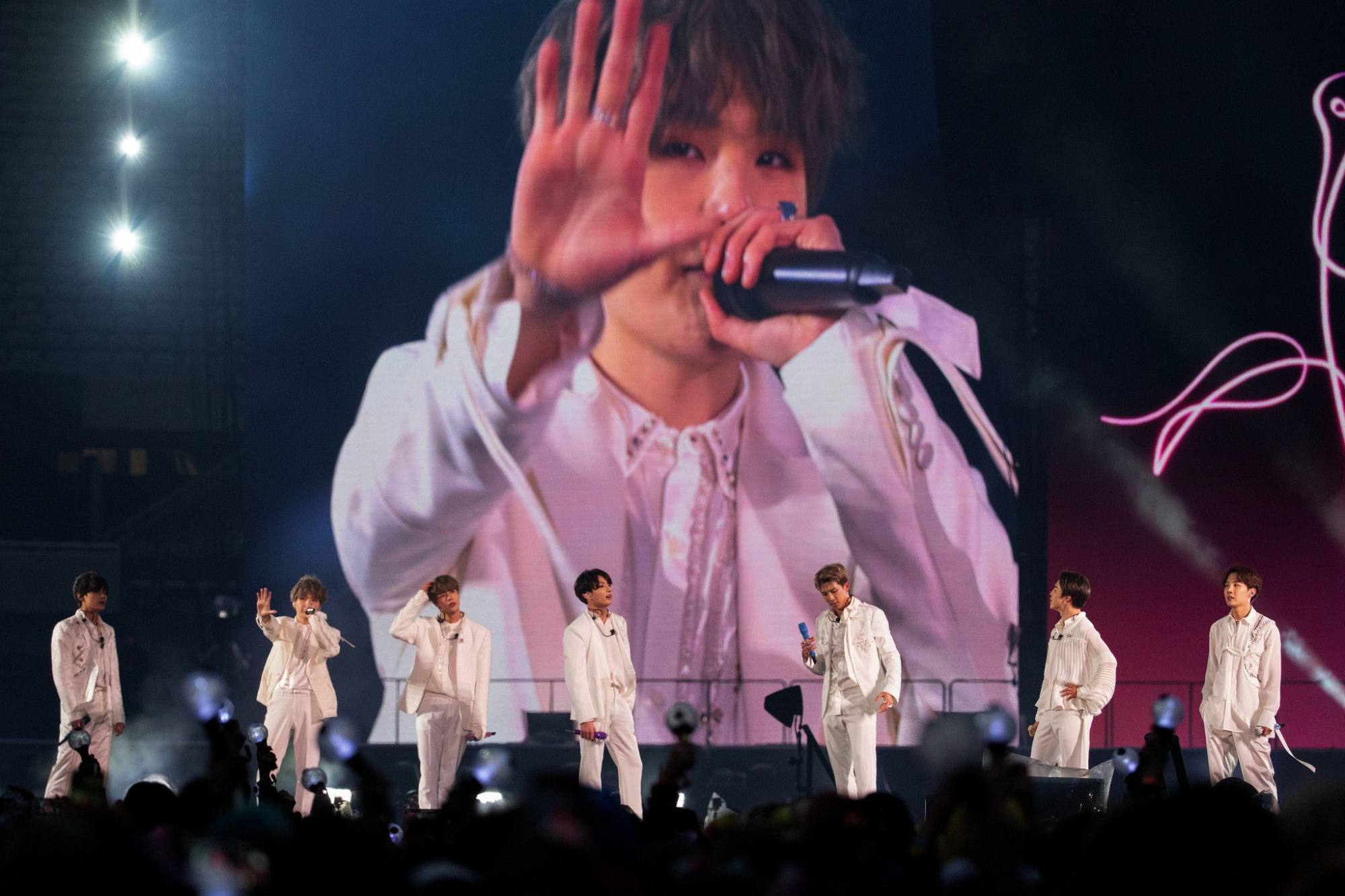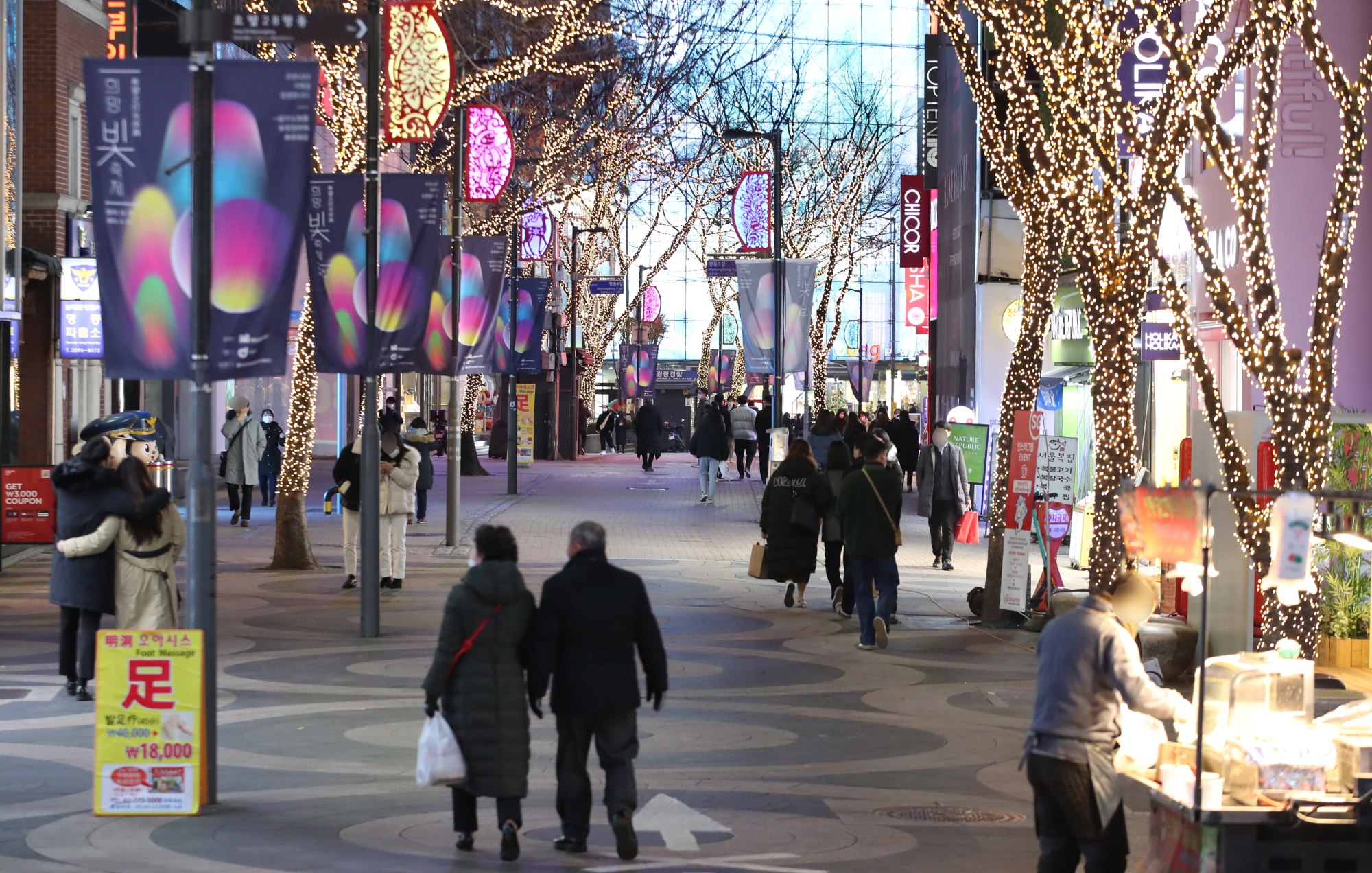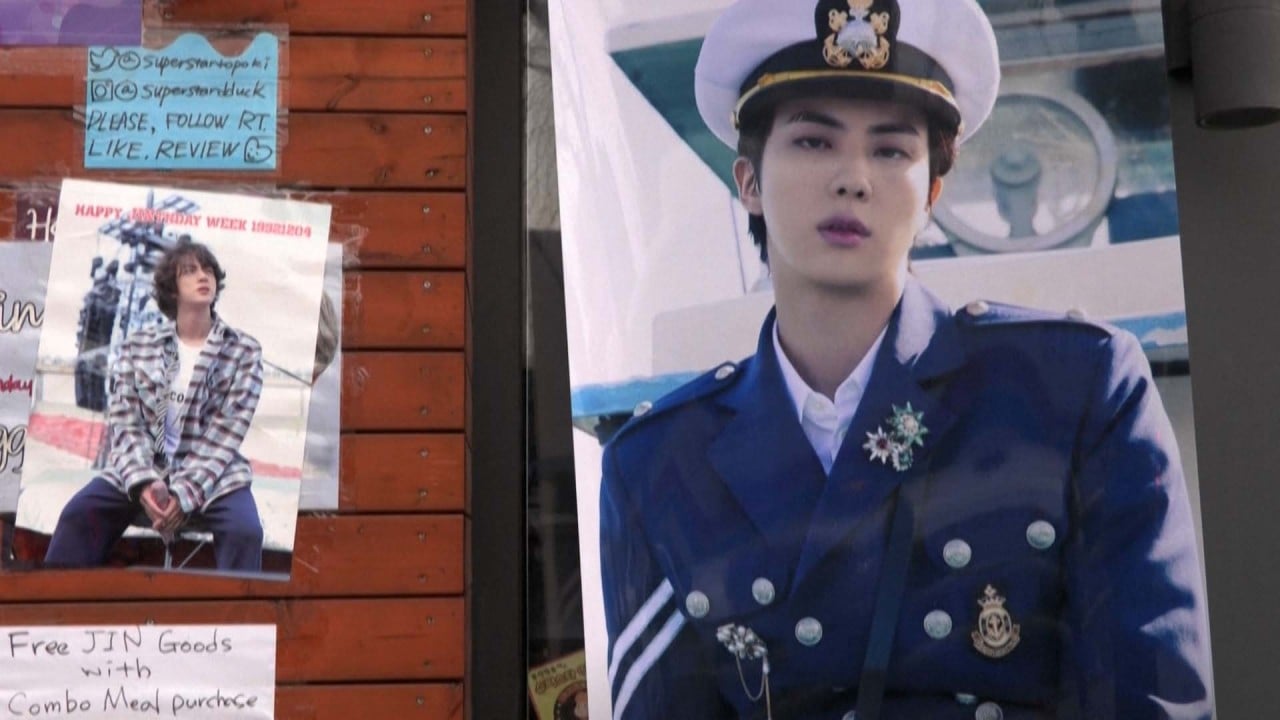
South Korea lures K-pop lovers, digital nomads in plan to become ‘tourism powerhouse’
- The country plans to attract 30 million visitors yearly with visas for digital nomads, K-culture enthusiasts and ‘workations’
- It will also ease rules to allow foreigners to work in hotels, and broaden its e-visa list to include tour groups from Vietnam, the Philippines and Indonesia
Under the “Visit Korea Years” five-year master plan, the government plans to attract 30 million annual visitors, including K-culture enthusiasts and digital nomads.

Prime Minister Han Deok-soo, who presided over the meeting, said recovery of the tourism sector was “essential to overcome current difficulties created by high inflation, high interest rates and high [US dollar-Korean won] exchange rates”.
He urged the government and the private sector to work together to “create a ‘Korea you want to visit’ and a ‘Korea you want to experience’”.
The government hopes the plan will create US$30 billion worth in tourism revenue by 2027.
YouTube fame = K-pop + fitness, says South Korea’s professor of influencing
Tourism brought in US$20.7 billion in 2019, following semiconductors (US$93.9 billion), cars (US$43 billion), refined petroleum (US$40.7 billion) and auto parts (US$22.5 billion), according to government statistics.
In 2021, the number of foreign tourists plunged to 960,000, a mere 6 per cent of the pre-pandemic peak of 17.5 million in 2019.
More visas, more hours
The K-culture training visa, which will be introduced during the first half of 2023, targets young foreign nationals eager to learn about South Korea’s entertainment industry and create content.
The visa requires the applicant to undergo an education or training programme in the K-content industry, such as at a K-pop entertainment agency. It aims to tap the growing global popularity of South Korean films, drama and music and satisfy international fans’ need to experience the country’s pop culture.

The “workation” visa will allow foreign travellers to stay in South Korea for two years while working as an employee of a company from their home country. In the meantime, they can also experience life in South Korea.
This visa will be introduced during the second half of next year.
The government will also expand the issuance of group electronic visas and visa-free entry for some Southeast Asian tourists.
Starting from the second half of 2023, general group tourists from Vietnam, the Philippines and Indonesia will be granted group e-visas, which have so far been limited to corporate reward tours, school excursions and general group tourists from China.
A one-stop visa application centre will also open in the Philippines in the second half of next year, in light of significant demand in China, Vietnam and the Philippines for South Korean visas. Such centres already exist in China and Vietnam.
Will South Korea displace Japan as Asia’s cultural superpower?
A special exemption for tourist visas will also be introduced for tourists from Vietnam, the Philippines and Indonesia should they arrive in the southern remote Muan airport, effective in the first half of next year.
Chinese tourists currently do not require visas for a stay of up to 120 hours, if they come through the same airport and the eastern provincial airport at Yangyang.
“This visa exemption will be allowed after ensuring that they are not exploited by illegal immigrants,” Justice Minister Han Dong-hoon said in August.
The country will integrate tourism with K-culture such as pop art and food, arrange for tourists to meet K-pop celebrities and Korean pro-golfers, and experience fine Korean cuisine.
Foreign nationals will also have more opportunities to work in South Korea’s tourism and other industries as the government eases the hotel and tourism industry’s foreigner employment regulations.
The number of openings for foreign workers with an E-7 visa at hotels will be raised from the current two people to five per hotel.
International students will be allowed to work longer hours. Those studying in South Korea for a bachelor’s degree with a D-2 visa will be allowed to work up to 30 hours a week, up from the current 15 hours, according to the government statement.



